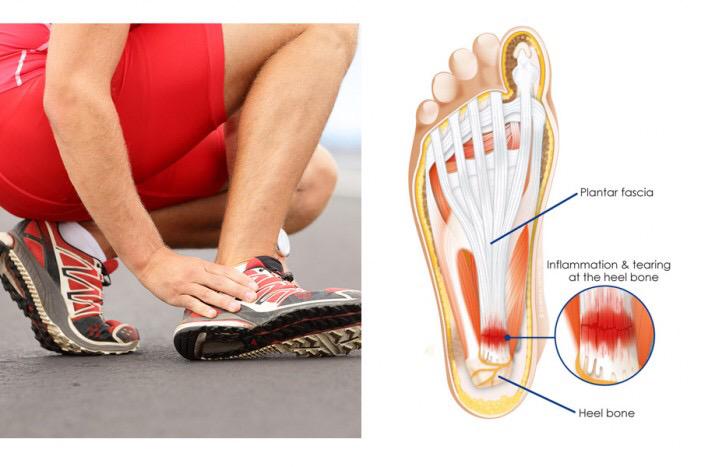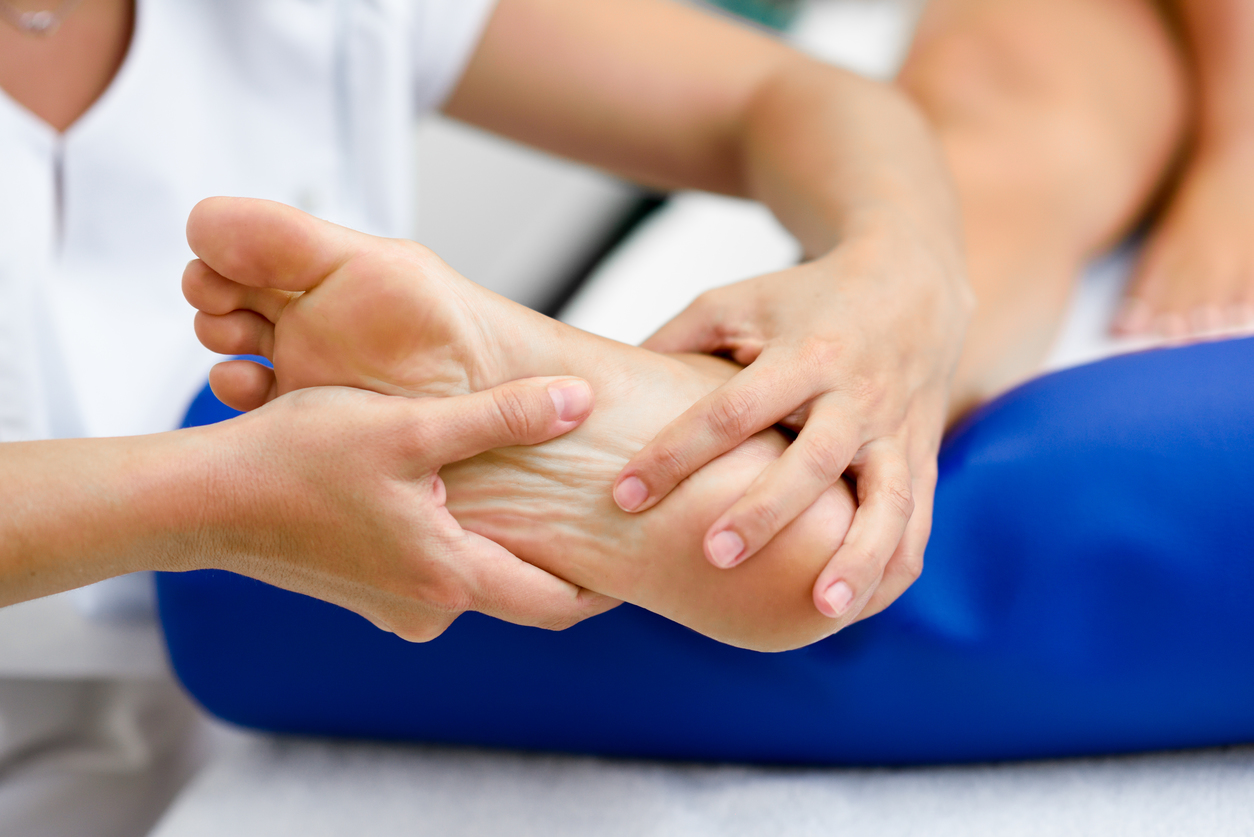Have you heard of the inflamed plantar fascia? I guess you are frowning. Okay, let’s go further. Have you been suffering from heel pain for a long time? Of course, many of us deal with this crisis in our day-to-day life but end up ignoring it. But who suffers the most? Why suffer the most? And how long? There is a hell of a lot of questions raised in mind when your doctor says, “You are affected by plantar fasciitis”.
Plantar Fasciitis – What it is?
The plantar fascia is a ligament it stretches from the heel to the toes. It is similar to a rubber band and if it gets hurt or inflamed then it is felt painful. The term “fasciitis” denotes the inflammation or soreness of the fascia of an organ or muscle; whereas “plantar” resonates to the sole.

Who Gets Affected By Plantar Fasciitis?
According to studies, more than ten million people got affected by plantar fasciitis each year in India. People who are 40 by age or above are mostly get affected by plantar fasciitis or fascia.
People who repetitively walk on hard surfaces, participate in races frequently, and/or push off the foot on hard surfaces due to work or other reasons generally suffer from plantar fascia or heel pain at this point in life.
If you are an athlete, teacher, waiter or waitress, or suffering from obesity (especially females), or your work relates to walking/standing on hard surfaces for the maximum times of your working schedule; you have a higher chance of getting affected by chronic heel pain or plantar fasciitis.
What are the Symptoms of Plantar Fasciitis?
Plantar fasciitis provides the signal. From dull pain to stabbing pain, you get any of these if you got affected by it. Physiotherapist Kamalika is here for your help and specifies a few symptoms that activate/trigger chronic heel pain or plantar fasciitis in males and females
- Pain on the bottom of the heel or nearby
- Excessive pain after exercise
- Tightness of Achilles tendon
- Painful arch of your foot
- A swollen heel
- Continuing pain on the bottom of the heel for months
A genuine physiotherapist always recommends personalized physiotherapy sessions along with medication and prolonged home care.
What You Should Do And Don’t When You Are Diagnosed With Plantar Fasciitis?
Now you know what plantar fasciitis is and how it can ruin the peace of your life. But, still, you can give it a tough fight and get rid of heel pain if you follow a set of do’s and don’ts in your daily regime. Let us have a look.
What you should do…..
- Take rest
- Use ice packs to get rid of swelling or inflammation
- Do visit the best podiatrist and then physiotherapist in Kolkata as soon as possible and follow the instructions strictly. Practice foot relaxing exercises
- Wear comfortable shoes
- You can also count on over-the-counter medicines like ibuprofen or acetaminophen to relieve your pain. But, don’t make it a habit.
What you should not do…..
- Don’t ignore the pain
- Don’t walk on uneven or hard surfaces
- Don’t try your patience to bear the pain
- Don’t get frustrated and give up
The earlier you address the causes of chronic heel pain to your podiatrist (who treats problems related to the foot, ankle, heel, and lower leg) and physiotherapist the quicker you win over this pain.
On a Final Note…….
Let your podiatrist know what actually causes your heel pain. It can be bursitis, heel spurs, Achilles tendinitis, or nerve compression other than plantar fasciitis.
Please don’t make yourself believe that prolonged heel pain or plantar fasciitis is a lost case. Physiotherapist Kamalika and her team are here for your help. Get her physiotherapy consultation to fasten your recovery rate. She provides home care too. Call at 903-840-5433 and get connected with Kamalika’s Physiotherapist to say goodbye to chronic heel pain forever.






